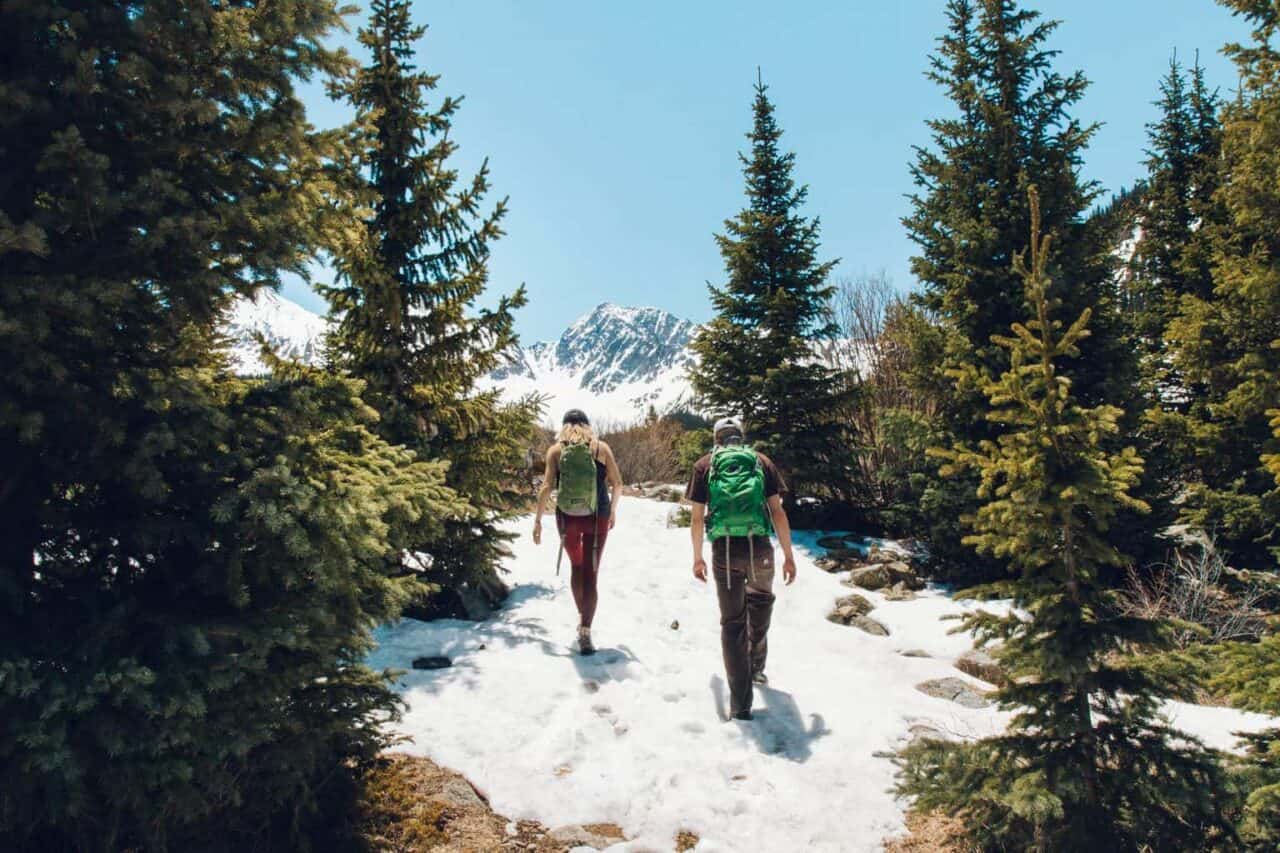This is a featured article
Travelling to the mountains over the summer, or the winter if you’re that adventurous, can be a thrilling and leisurely way to spend your holidays. For the most part, it’s cheaper than travelling abroad, it is mostly local so there are no language barriers, and the scenery is worth all the extra fatigue that goes into the actual travelling. This is why resorts, restaurants, and travel agent companies make a lot of money year round from the business they get in these areas.
That being said, no matter how great the actual trip, there are a few issues that come along with travelling to mountainous areas. The worst part is the fact that because there are generally no developed cities there, it is possible that medication and healthcare may not be as readily available, or be of the same quality as most metropolitan cities around the world. For that very reason, it is always advised that you pack a lot of necessities, especially those related to medical needs and healthcare. A first aid kit is something that everyone who travels to mountainous regions should have, but thanks to experts at Click Pharmacy here are a few extra medicines you should stock up on before you go on your trip up north.
Medicine essentials for mountainous travelling

1. Acetaminophen
Acetaminophen or Tylenol is an over the counter drug used for treating fevers and headaches. This is a medicine that everyone needs to have with them because it can handle a variety of symptoms, and is also readily available in most local pharmacies. Harsh weather conditions in the mountains combined with a change in altitude can wreak havoc on a person’s body, especially if they are prone to illnesses. Fevers, colds, and general aches are some of the most common ailments that one can come across if you’re in a mountainous region. Apart from that, if you hurt yourself while trekking, then it’s great to have pain relievers readily available.
2. Ibuprofen
Ibuprofen is a great medicine to keep on hand, even if you’re not travelling to a mountainous area. Not only is it great for fevers and pain, but it has also been linked to alleviating altitude sickness. Many people experience altitude sickness, and it can often get challenging to treat unless you are fully prepared. Studies have shown that taking a few ibuprofen pills before ascending can actually prevent symptoms of altitude sickness, and also alleviate them. It also has fewer risks compared to most other drugs that prevent altitude sickness, and can also help decrease brain swelling.
3. Acetazolamide
This medicine is one of the best medications out there for altitude sickness, especially for its prevention and treatment. This drug treats symptoms of altitude sickness by making the blood more acidic. This is done by increasing the alkali amount in the urine. This process helps to drive the ventilation process, which in turn is the most critical part of acclimatisation.
This medicine can be taken daily and should be started two days before ascending high altitudes. It is also recommended that you gradually ascend, as opposed to covering high altitudes in a short period because that helps the body prepare itself better.

4. Dexamethasone
Altitude sickness can be quite harmless for most people. This type of altitude sickness is treatable easily and does not have significant effects on a person’s health. On the other hand, HAPO and HACO are types of altitude sickness that are almost lethal. In these cases, a drug called Dexamethasone should be packed and should be readily available. It helps to decrease swelling in the brain and helps reduce the pressure in the skull. Apart from the fact that high altitudes are synonymous to high atmospheric pressures, people with altitude sickness may experience extreme pressure on the head caused by brain swelling which can, if not treated immediately, cause death.
Once administered, results and improvements can be seen within six hours. Since it is highly specialised, it should be managed by a professional. Generally, because this drug helps to buy time for the patient, it is recommended that slow and steady descent should be started as soon as possible.
5. Antihistamines
One of the worst parts about mountainous regions is that they have many foods and other environmental factors that can trigger allergies for people. Due to this very fact, it is always recommended to have mild and strong antihistamines and allergy medication with you when you plan a trip to the north.
Another good option to have is EpiPen. Effective medicines and medical tools like those are a necessity for those that have allergies. Even for those that don’t, something like this should always be in your first aid kit. For all first aid kits, antihistamines and epi-pens are a necessity.
Pro tip: In case you or anyone around you starts showing symptoms of altitude sickness, prepare to descend as soon as possible. This must be done by keeping a few things in mind. Administer the necessary medication before descent and ensure that the person who is showing symptoms is stable. Then descend as soon as possible but do not cover more than 500 meters a day. It is imperative to let the body acclimate to the surroundings. Any significant atmospheric changes may cause more issues.
As mentioned above, a well-equipped and stocked first aid kit is an absolute necessity. It should include everything from bandages to emergency medication of all kinds. Depending on the number of people on the trip, first aid kits should be planned accordingly and should have adequate supplies of everything. In these first aid kits, certain medicines are particularly necessary. Of all of them, the five mentioned above are the most effective, accessible, and appropriate. Since altitude sickness, high atmospheric pressure, and allergic reactions can cause massive issues in these areas; these five medications are a must have for every emergency medical kit or first aid kit.

Photo Credit:
































No Comments